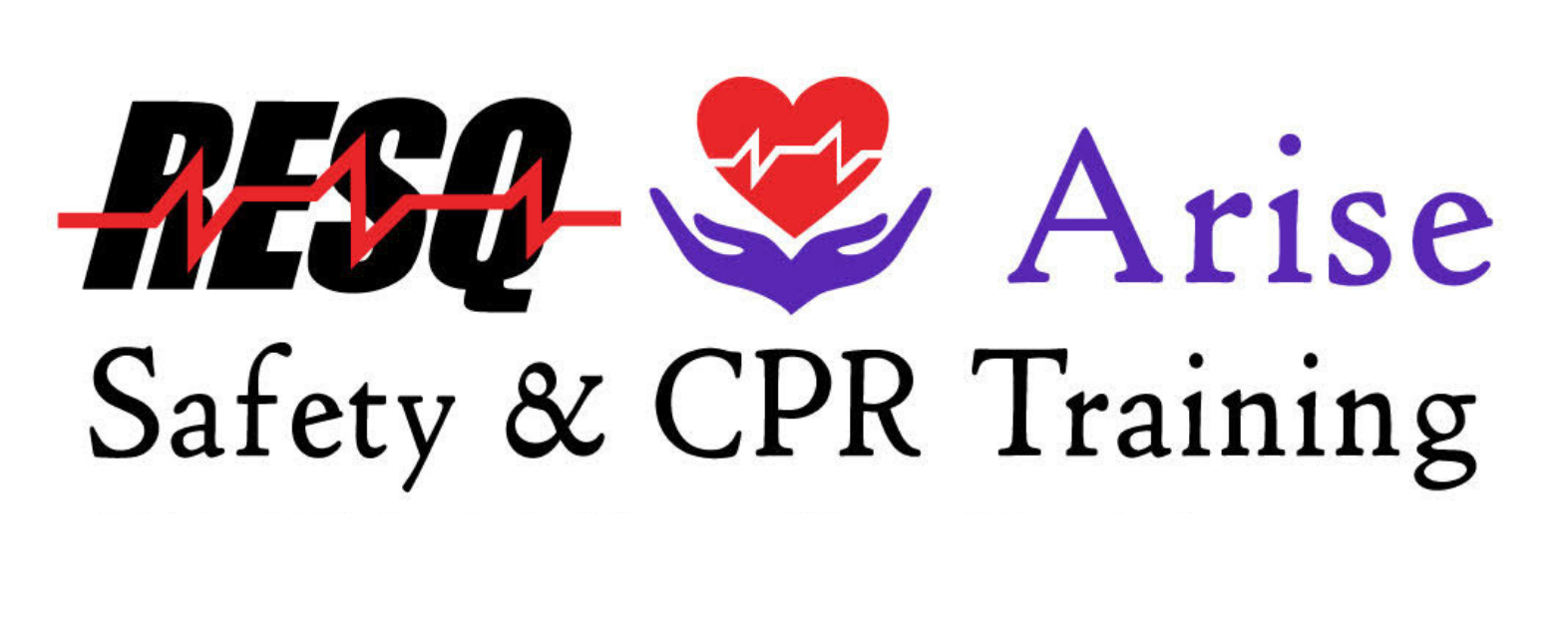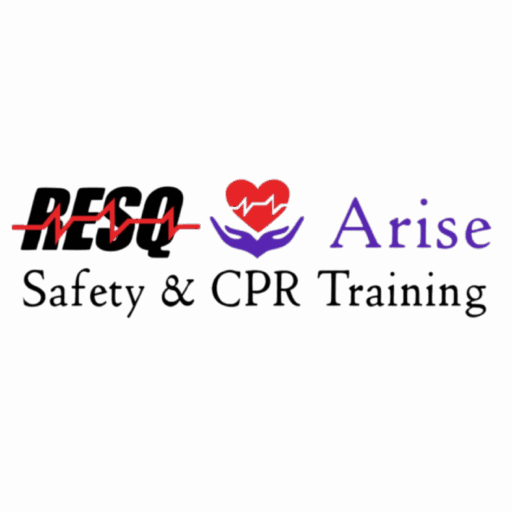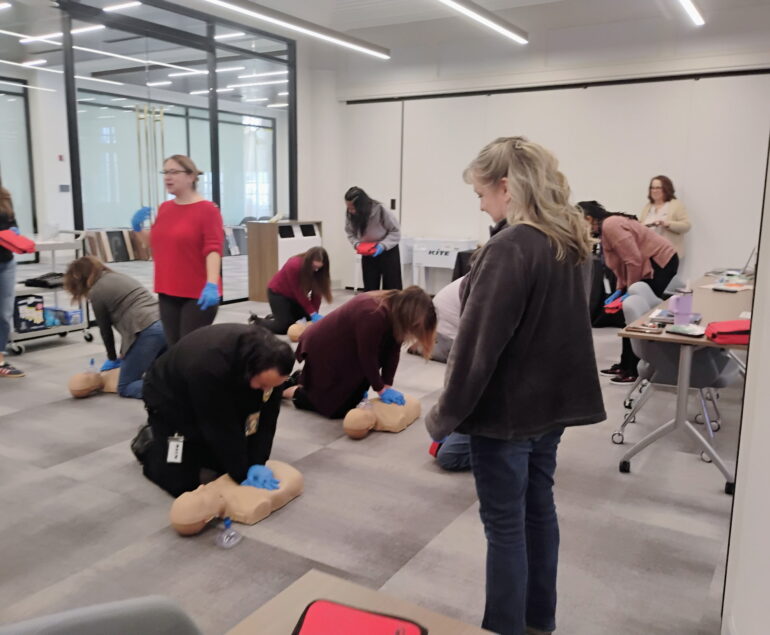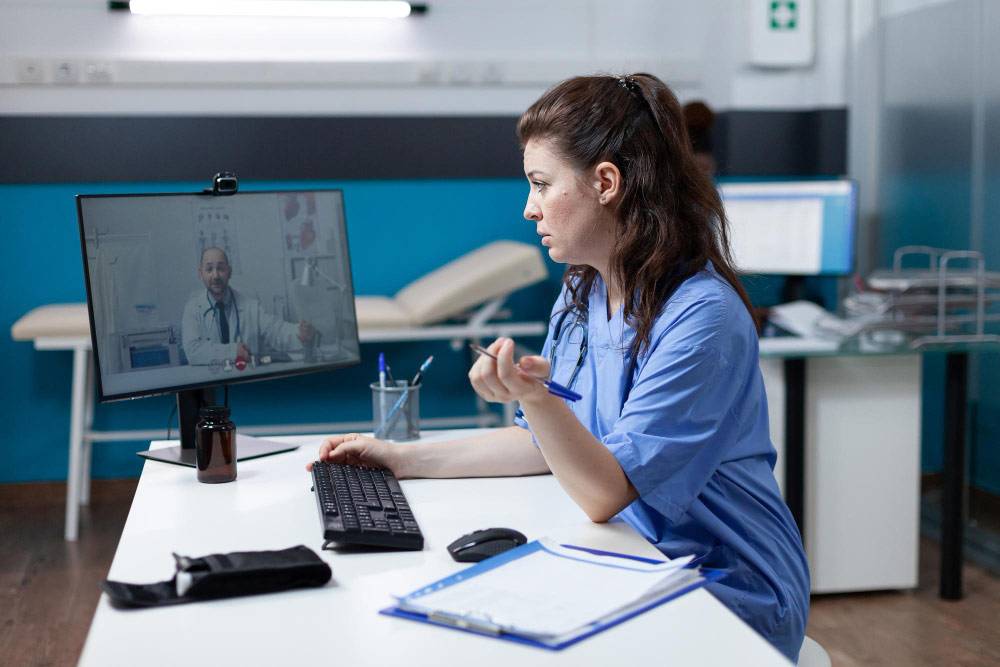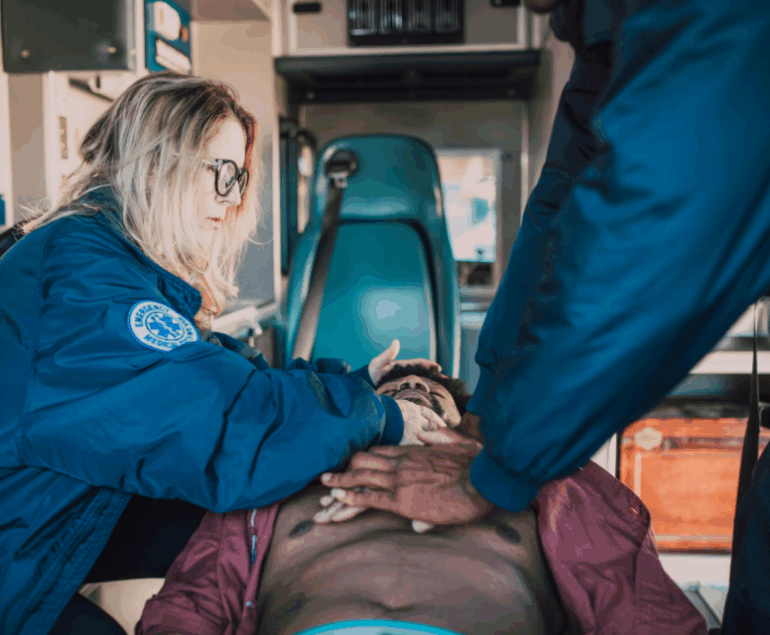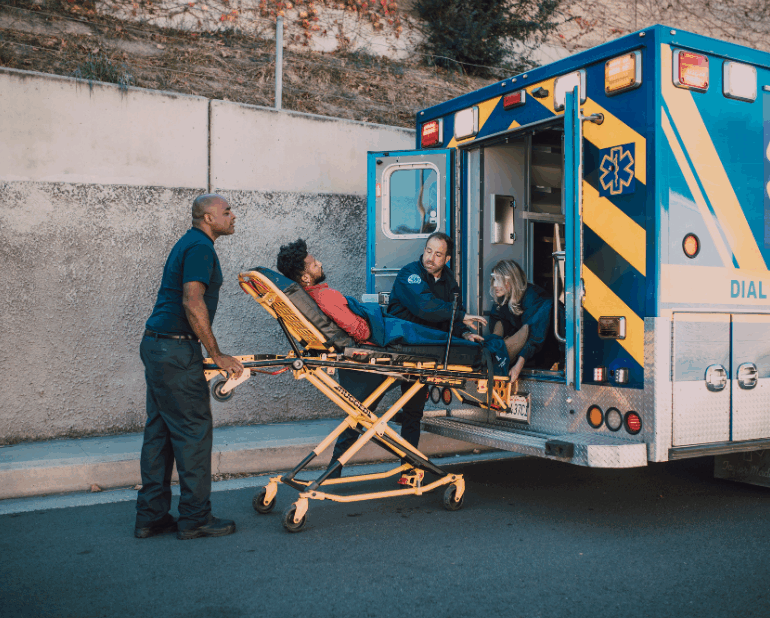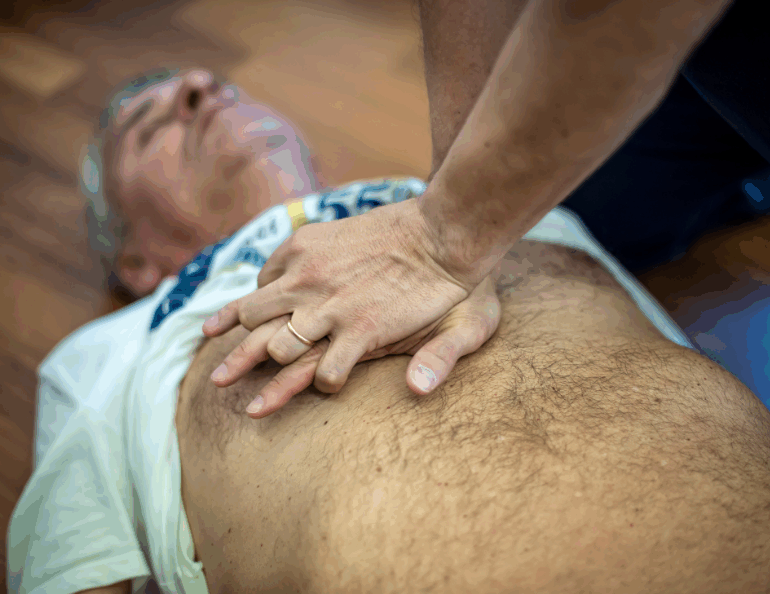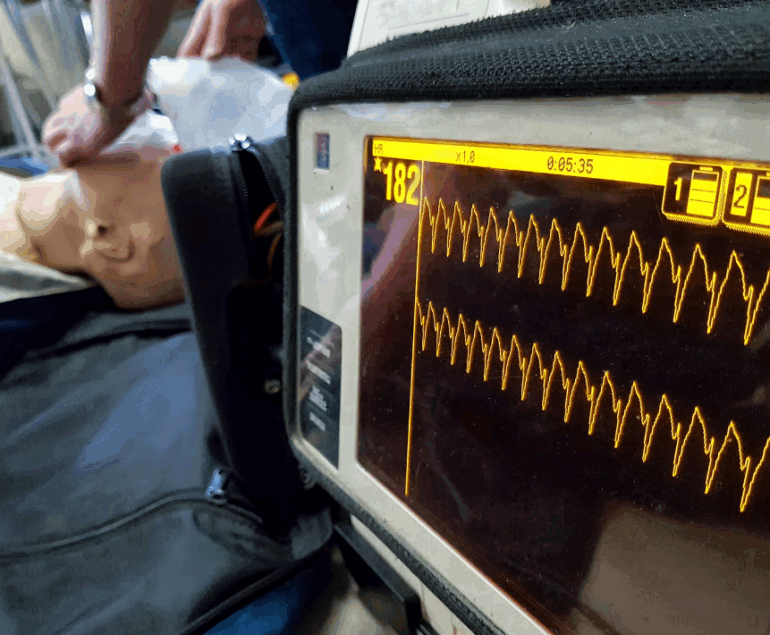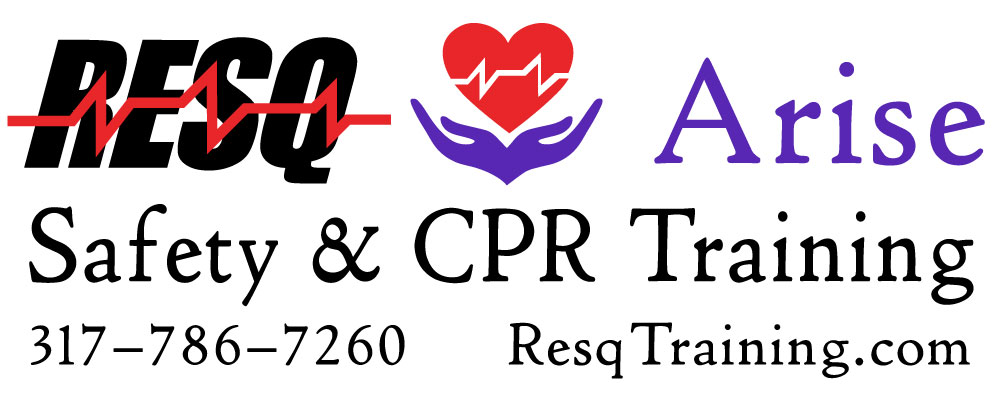
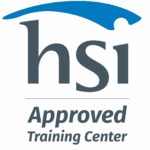
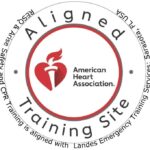
Welcome to RESQ Arise
CPR, Safety & Instructor Training Across Central Indiana
At RESQ & Arise, we believe that every person has the power to save a life. Born from the merger of RESQ Health & Safety Training and Arise Safety & CPR, we bring together decades of expertise, passionate instruction, and a shared mission: to equip individuals, organizations, and communities with the knowledge and confidence to act in critical moments.
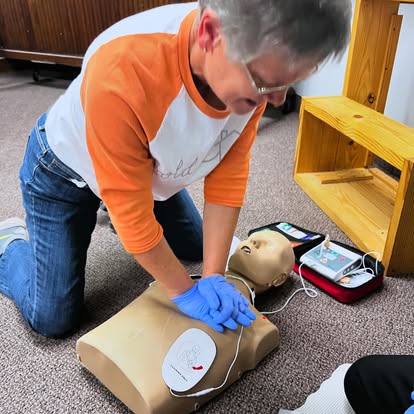
What We Have
Lifesaving Training. Real-World Readiness
Instructors connected with class participants and provided help. They kept the class moving and kept participants busy to maximize learning.
Teresa
I took the Adult and Pediatric First Aid / CPR / AED course and had such an amazing experience! The class was small with 12 people, so it was very personal and I felt like I got a better teaching experience! Thank you!
Brandy Sickler

We took a private CPR class and were very happy with how our hands on training was handled. Amanda answered our questions and made sure we felt confident when performing things we learned in the class. Highly recommend!
